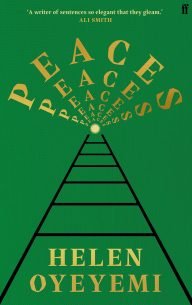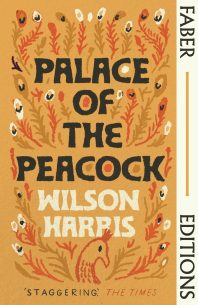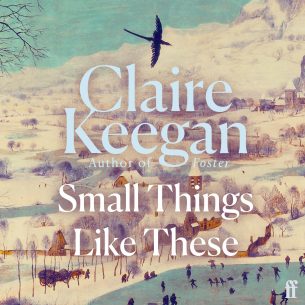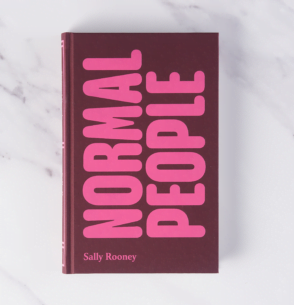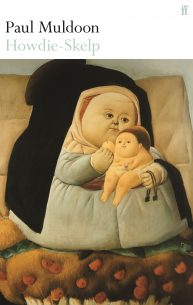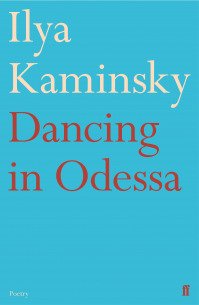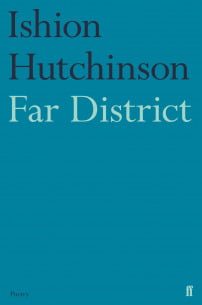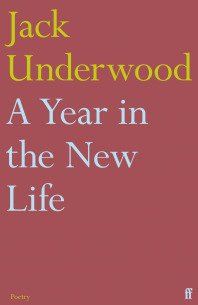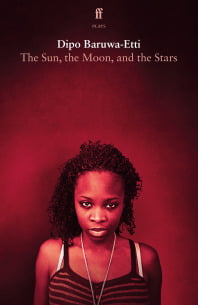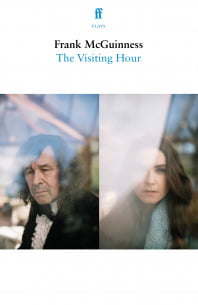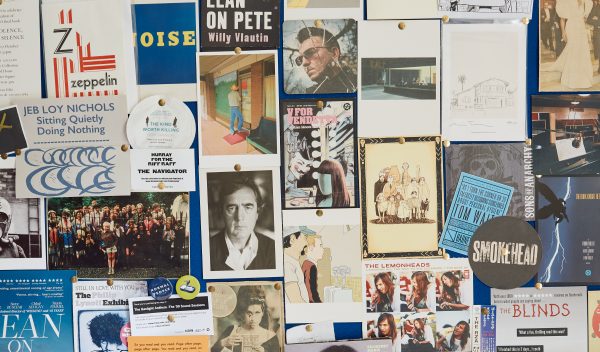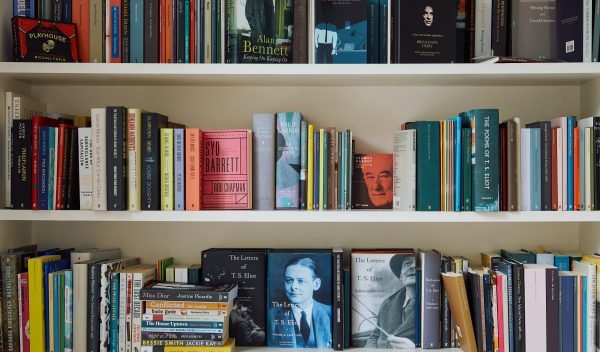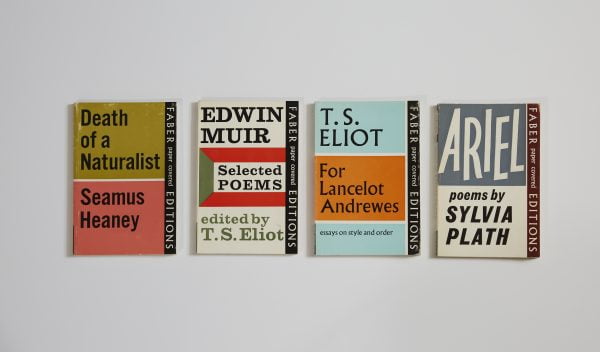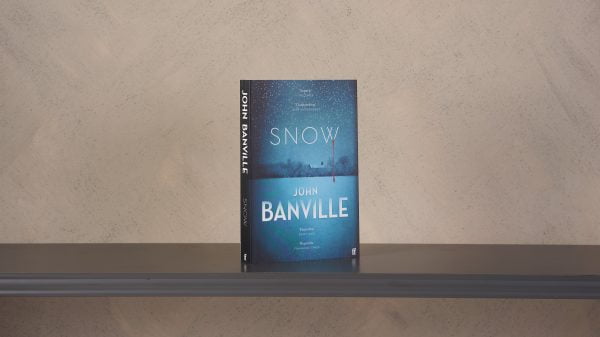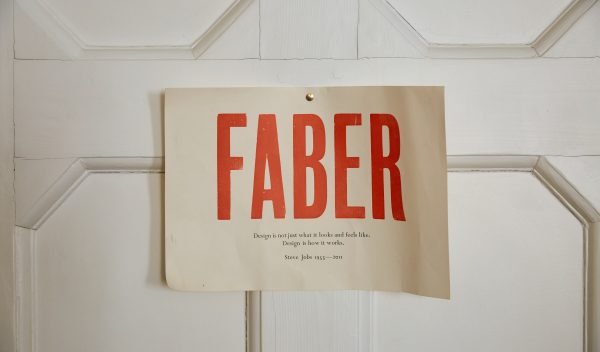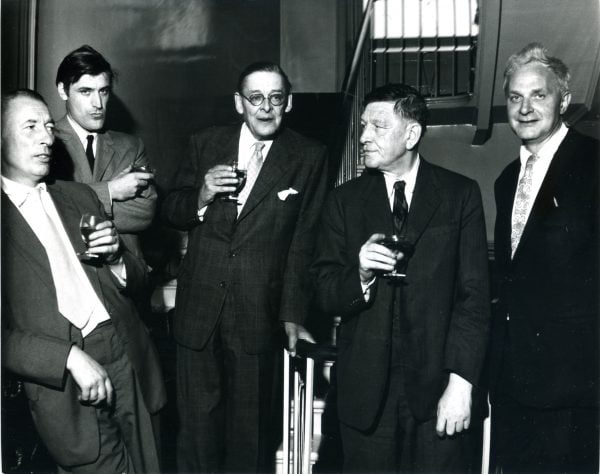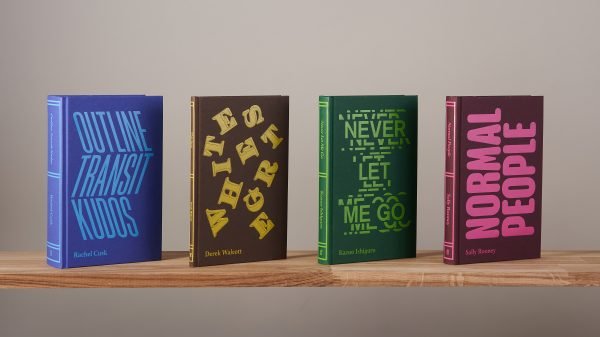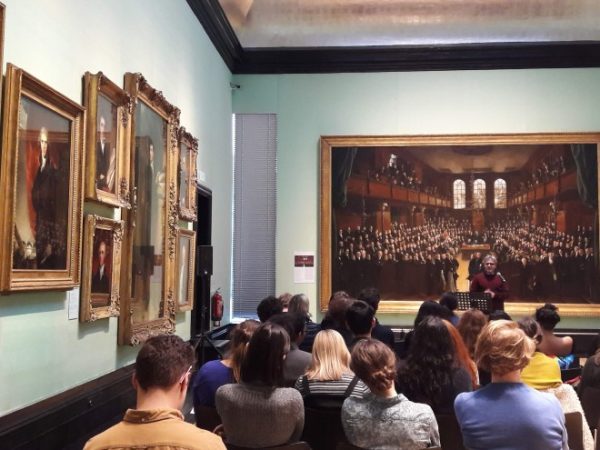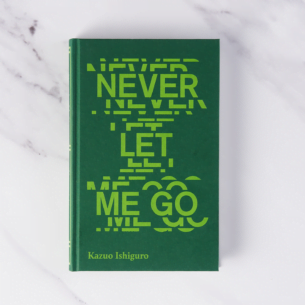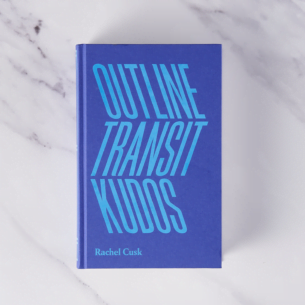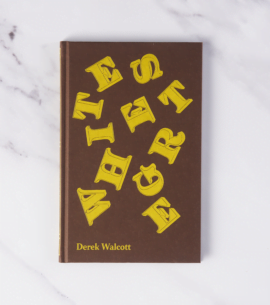


Read an extract from Edna O’Brien’s The Little Red Chairs
Edna O’Brien’s latest novel The Little Red Chairs tells the story of a wanted Balkan war criminal who’s disguised himself as a holistic healer and is living in a village on the west coast of Ireland. Gripping and thought-provoking, the book has been hailed as ‘a spectacular piece of work’ by the Guardian. Now available to buy in paperback, the acclaimed novel – O’Brien’s first since 2006’s The Light of Evening – has been selected as Waterstones’ Book of the Month for June.
Read an exclusive extract from the novel, selected by Edna O’Brien
‘Shall we dance?’ he says, but he has already taken her in his arms and leads her into steps that she is unaccustomed to. It is to gain power over her. Soon they are coiling wordlessly around one another, but she knows this is only a ruse, as there are scores to be settled and he is a vengeful man.
‘Evil is a strange word for you to have spoken,’ he tells her.
‘Not so strange . . . when you think of the atrocities you have inflicted on mankind.’
He looks at her as if he might strike her and would have struck her were they elsewhere, with no one on guard beyond the door. His face is within inches of hers, the whites of his eyes becoming bloodshot.
‘Who sent you . . . what organisation is behind this . . . this dirty work?’
‘No one . . . I came alone . . . I had to.’
Her answer throws him, as he takes a few steps back and turns to regain his composure.
‘When we made love, what was on your mind?’ she asks quietly.
‘Pleasure,’ he answers.
‘When you were carving your pure homeland, with your guns opening fire even on ambulances, what was on your mind, or did the sheer numbers, the hundreds of thousands, deaden the truth of it all?’
For a second he freezes at the audaciousness of the question and she freezes too.
‘What has happened to you?’ he asks, looking her up and down.
‘A lot,’ she says unflinching, determined to stand her ground.
‘But you are well now,’ he says, suddenly, falsely solicitous. He lets go of her arm, walks towards the window and looks out, like a man conscious of his confinement.
‘I had looked forward to this visit . . . made myself personable,’ he says without turning.
‘I had looked forward to it, also.’
‘Then why destroy it . . . why bring evil into this room?’
‘Because it’s here, here . . . in every pore of your being.’
‘Take it back . . . Take it back,’ he says wildly, jabbing at the air, where it hangs like a viper, a nest of vipers, Macbeth’s unseen daggers.
‘I can’t take it back Vlad,’ and he starts at hearing the old name, the fond name, then tears at his hair, his skull, with an infantile mania.
‘That smorgasbord of crime of which I am accused is false,’ he says going towards her, ‘untrue, shibboleths . . . with breakdown happening in my country, in my people, in my psyche, what ought I have done, lain down like a lamb for the wolves to arrive . . .’
‘Do you not have bad dreams, nightmares?’ she says.
‘No . . . I sleep well . . . I dream well . . . I dream of women . . . I dream of my mountains . . . and I will, like Virgil, return home to die.’
‘You will be an old man if ever that happens . . .’
‘I am in breach of not a single crime of which I am accused,’ he says, his arm fending her off.
‘Was your essential nature always evil . . . were you ever innocent?’ she asks and he answers with a baffled look.
‘You remember in Cloonoila,’ she begins. ‘One day, in the classroom, you read the children a speech from Shakespeare about the Seven Ages of Man – They have their exits and their entrances, and one man in his time plays many parts. You must have known it then that you had chosen the wrong part, the worst part, the way you know it now . . . that it could all have been different, you might be the poet you boasted of being and not one of the damned . . . it will find you yet . . . in all that solitude . . . it always does . . .’
‘Don’t go,’ he says and in that moment he is almost repentant, the mendicant, the broken Faustus, finally at a loss.
Something falls. There is a thud as she wakens from her dream to find that she is not in that conjugal room, but in the hotel, where the maid with the little muslin bonnet has come in and tripped over something.
‘Sorry madam, I come back later,’ the maid says and she sits up, startled, looking at the bedside clock.
When she comes to her senses, the first thing she does was to ring down and ask if there is any message or fax for her and yet again, the answer is no.
The Little Red Chairs by Edna O’Brien is available in paperback now.
 Since her debut novel The Country Girls Edna O’Brien has written over twenty works of fiction along with a biography of James Joyce and Lord Byron. She is the recipient of many awards including the Irish Pen Lifetime Achievement Award, the American National Art’s Gold Medal and the Ulysses Medal. Born and raised in the west of Ireland she has lived in London for many years.
Since her debut novel The Country Girls Edna O’Brien has written over twenty works of fiction along with a biography of James Joyce and Lord Byron. She is the recipient of many awards including the Irish Pen Lifetime Achievement Award, the American National Art’s Gold Medal and the Ulysses Medal. Born and raised in the west of Ireland she has lived in London for many years.
